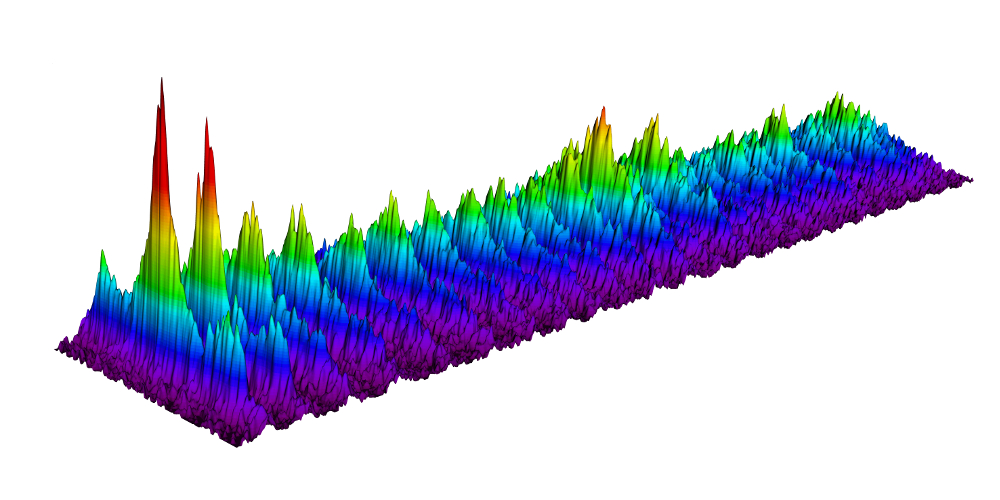 |
Quantum phase slips, i.e., the primary excitations in one-dimensional superfluids at low temperature, have been well characterized in most condensed-matter systems, with the notable exception of ultracold quantum gases. Here we present our experimental investigation of the dissipation in one-dimensional Bose superfluids flowing along a periodic potential, which show signatures of the presence of quantum phase slips. In particular, by controlling the velocity of the superfluid and the interaction between the bosons we are apparently able to drive a crossover from a regime of thermal phase slips into a regime of quantum phase slips. Achieving a good control of quantum phase slips in ultracold quantum gases requires to keep under control other phenomena such as the breaking of superfluidity at the critical velocity or the appearance of a Mott insulator in the strongly correlated regime. Here we show our current results in these directions. S. Scaffidi Abbate, et al., |


Quantum simulations with a tunable Bose-Einstein condensate… We use BECs made of potassium-39 atoms, with interaction tunable via Feshbach resonances, to explore open problems in condensed-matter and few-body physics. Recently we have been studying quantitatively Anderson localization of non-interacting matter waves in disordered potentials, the interplay of disorder and interactions in low-dimensional systems, and superfluidity in bosonic wires.
